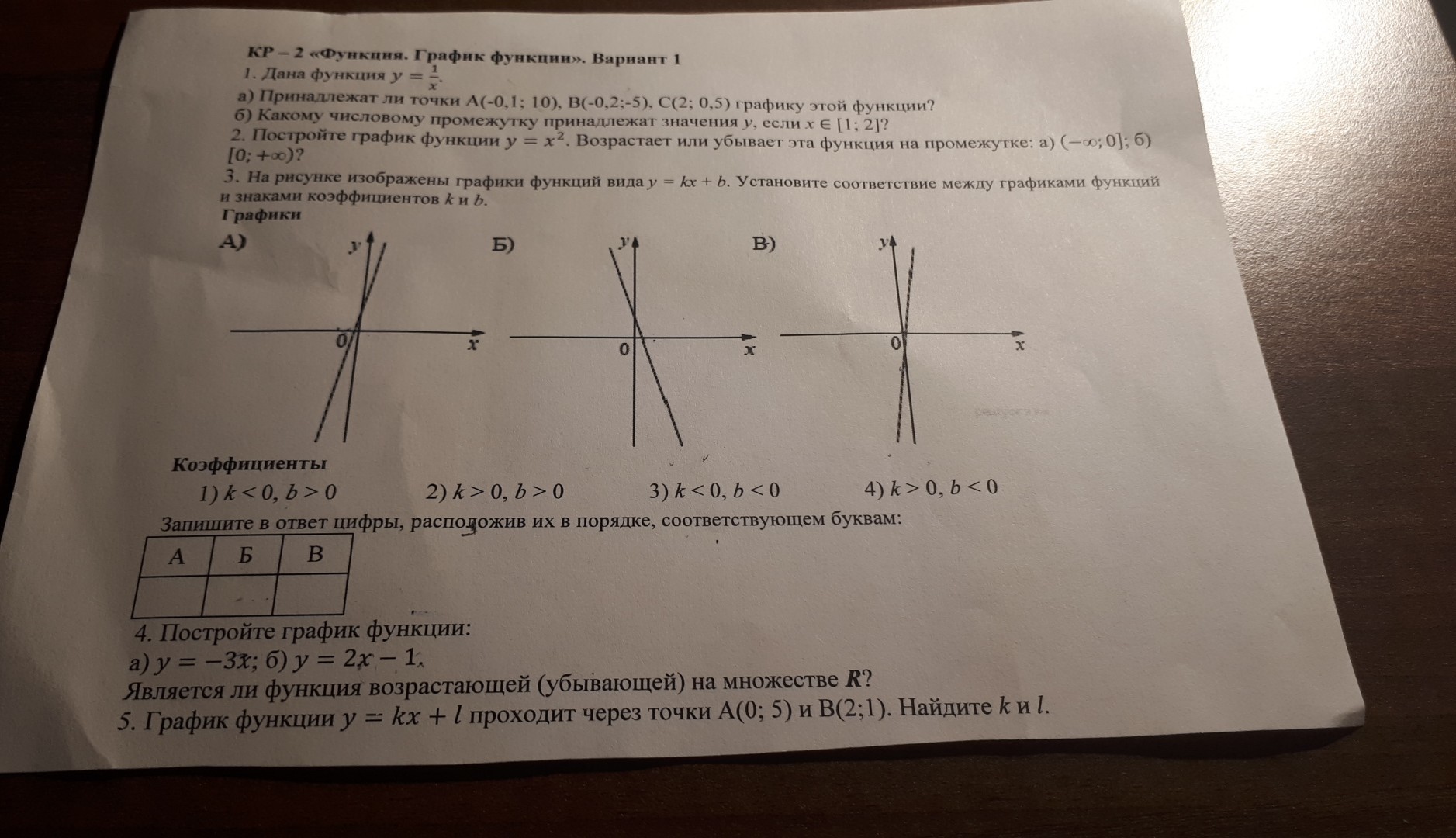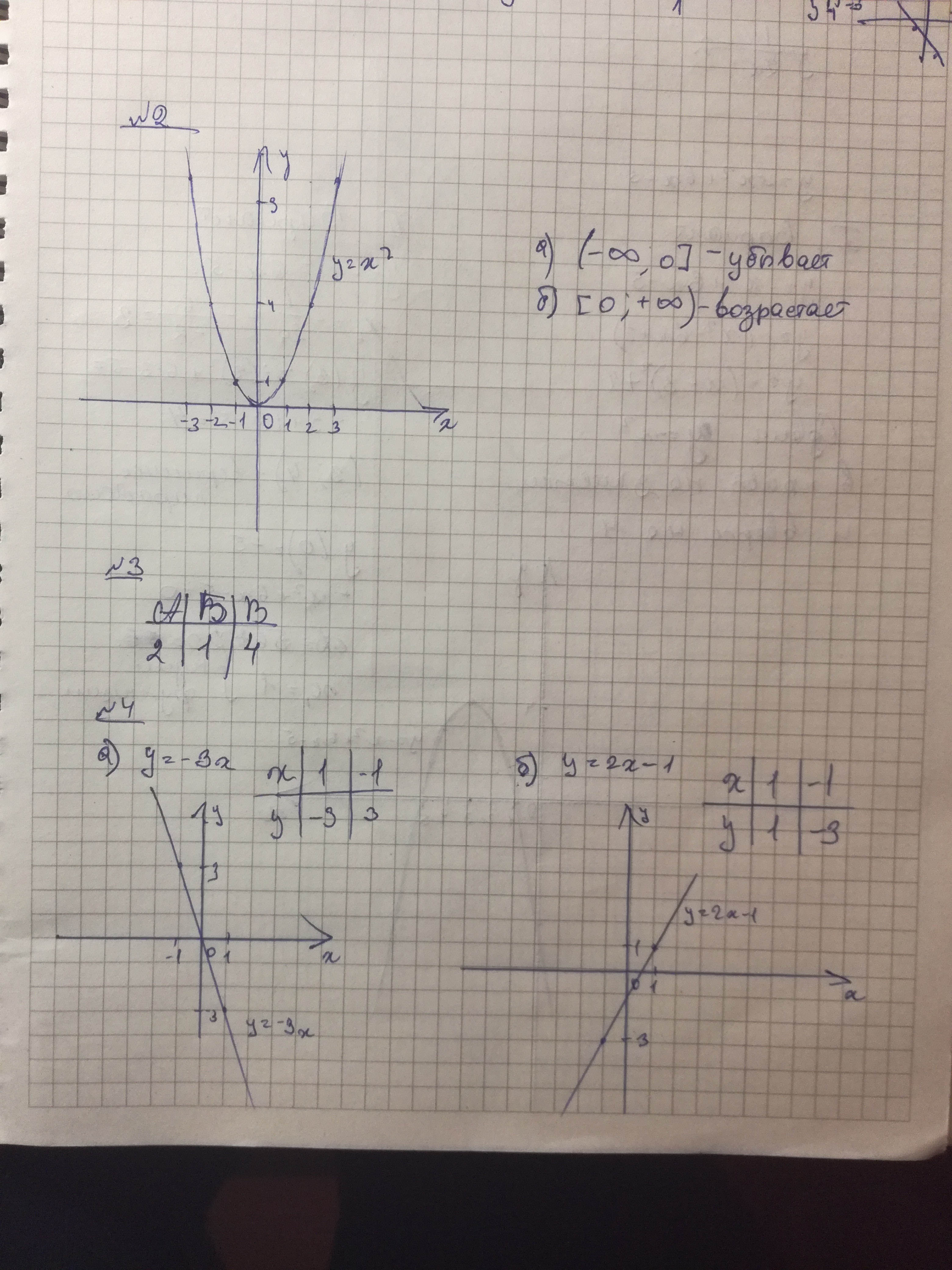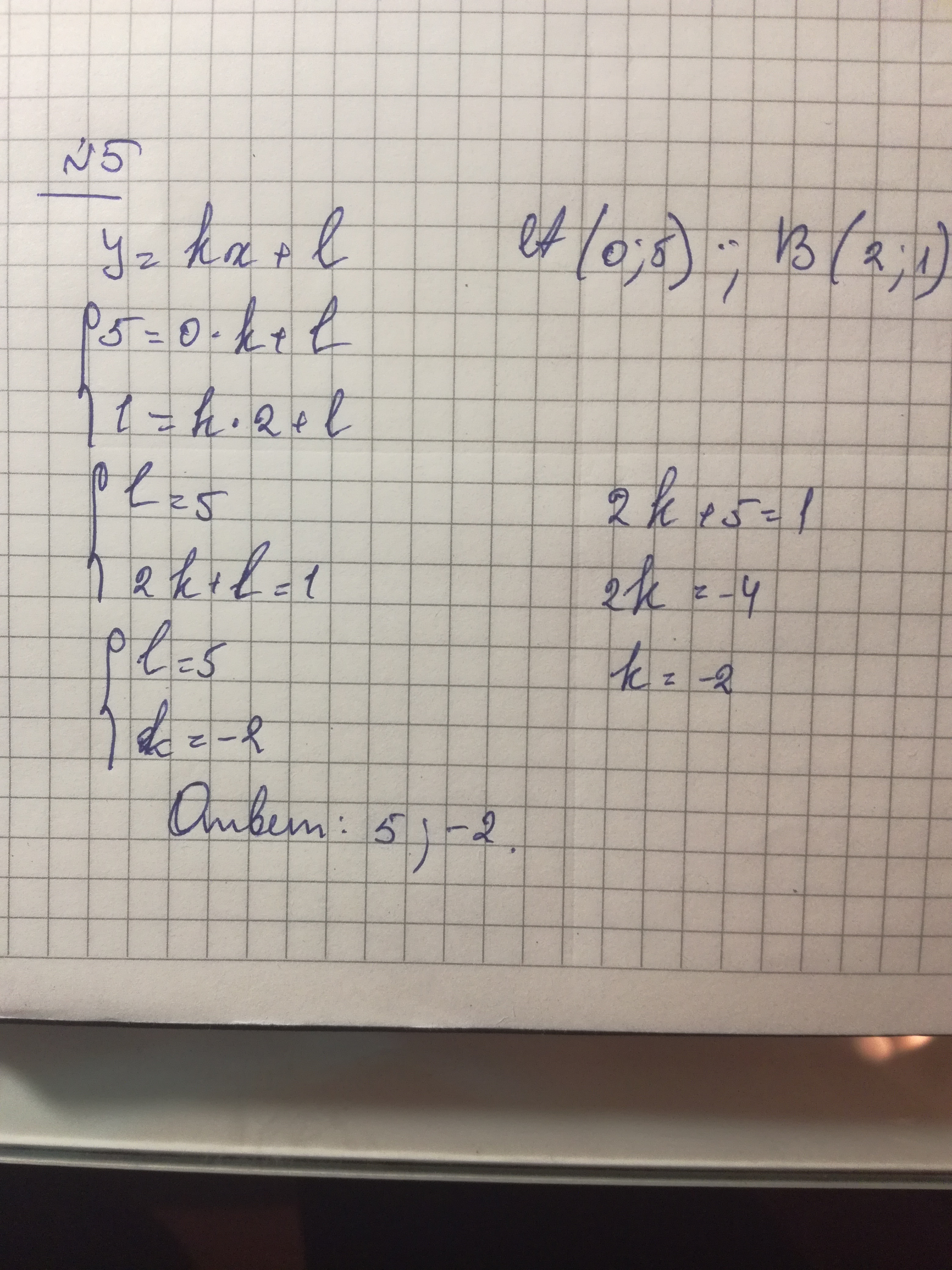Предмет: Алгебра,
автор: amir150
помогите пожалуйста, нужно решить 2,3,4,5. Если не сложно, можно полный ответ. Заранее спасибо.
Приложения:

Ответы
Автор ответа:
1
Тема легкая. Думаю в записях сам все поймешь
Приложения:


amir150:
а это правильные ответы?
проверенные?
Похожие вопросы
Предмет: История,
автор: amuratgaliev
Предмет: Українська література,
автор: dmitrodaskevic6
Предмет: История,
автор: pol22012010
Предмет: Английский язык,
автор: vyacheswow
Предмет: Математика,
автор: radin25062007